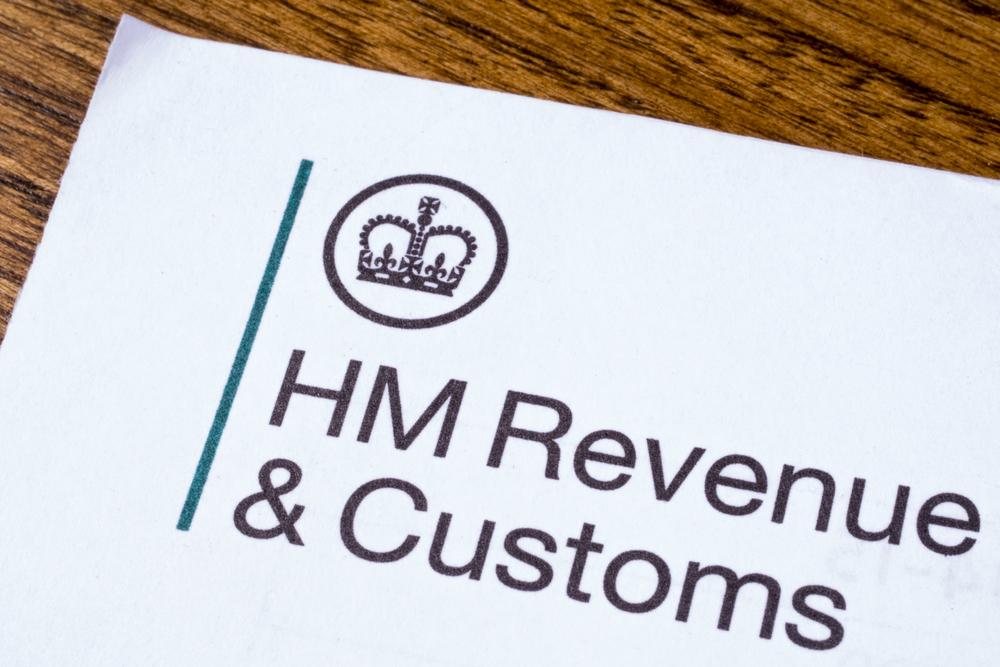We recently attended APSCo’s Public Policy meeting with HMRC. The session covered Off-Payroll Working (IR35) – calculation of PAYE liability in cases of non-compliance and Tougher consequences for promoters of tax avoidance. We’ve summarised the points covered below;
Off-Payroll Working (IR35) – Calculation of PAYE Liability in Cases of Non-Compliance
HMRC is addressing the issue of tax and NICs set-off for Off-Payroll Working (IR35) engagements. This reform aims to ensure fair tax treatment for individuals working like employees through intermediaries. Here’s what you need to know:
Background: IR35, introduced in 2000, has undergone reforms in recent years, extending its scope to the private and voluntary sectors. The responsibility for operating the rules shifted from the worker’s intermediary to the client.
Issue and Solution: Currently, HMRC cannot set-off taxes and NICs already paid against a PAYE liability on IR35 engagements. To address this, HMRC proposes a legislative change allowing a set-off mechanism similar to directly engaged workers. The set-off would be applied via a direction notice, eliminating any further tax liability for the worker and their intermediary.
Calculating the Set-Off: Determining the exact amount of tax and NICs paid on IR35 income can be challenging. HMRC will estimate the amount using factors and historical tax receipts. Certain information from the client, such as worker and intermediary details, will be required for the set-off.
Effective Date and Impacts: The proposed set-off will apply from April 6, 2024, and will not significantly impact the labour market. Clients will have some administrative burdens in maintaining worker and intermediary information, while HMRC will handle the set-off calculation and processing.
Have Your Say: HMRC is interested in receiving feedback on the proposed set-off, its scope, appeal grounds, information requirements, application, administrative burdens, and any unidentified wider impacts. The consultation period closes on June 22, 2023.
For more details and to provide your response, please visit https://www.gov.uk/government/consultations/off-payroll-working-calculation-of-paye-liability-in-cases-of-non-compliance/off-payroll-working-ir35-calculation-of-paye-liability-in-cases-of-non-compliance
The following 2 sections are quite different from the above but are intended to help stop the growth of aggressive tax avoidance schemes. These schemes can often put contractors at risk of potentially life changing sums of money owed to HMRC for unpaid taxes spanning back many years when uncovered.
Criminal Offence for Failing to Comply with a Stop Notice
The proposal aims to introduce a criminal offence for promoters who fail to comply with a Stop Notice issued under the Promoters of Tax Avoidance Schemes (POTAS) legislation. This measure reinforces the significance of the Stop Notice and acts as a strong deterrent against non-compliance.
Strict liability applies, and criminal investigations are reserved for serious cases or when civil interventions are ineffective. Existing safeguards and rights of appeal remain in place.
Expediting the Disqualification of Directors
The goal is to expedite the disqualification process for directors of companies involved in promoting tax avoidance. The proposed changes include new rules allowing HMRC to take action to wind up companies and disqualify directors.
Sanctions for director disqualification under the Company Directors Disqualification Act are maintained, ensuring accountability. These are;
- It is a criminal offence to breach the order. Imprisonment for up to two years, a fine or both.
- A person involved in managing a company while disqualified is personally liable for all relevant debts of the company
- If a person involved in managing a company acts on the instructions of a person who they know are disqualified, then they too are personally liable for relevant company debts
Current safeguards for director disqualification, including the right to make representations, appeal decisions, and apply for permission to act as a director, remain intact.
We hope you’ve found this summary useful. You can access the slides for the full detail at https://www.apscouk.org/public-policy/latest-political-engagement.html and scrolling down to Latest Activities.


Recent Comments